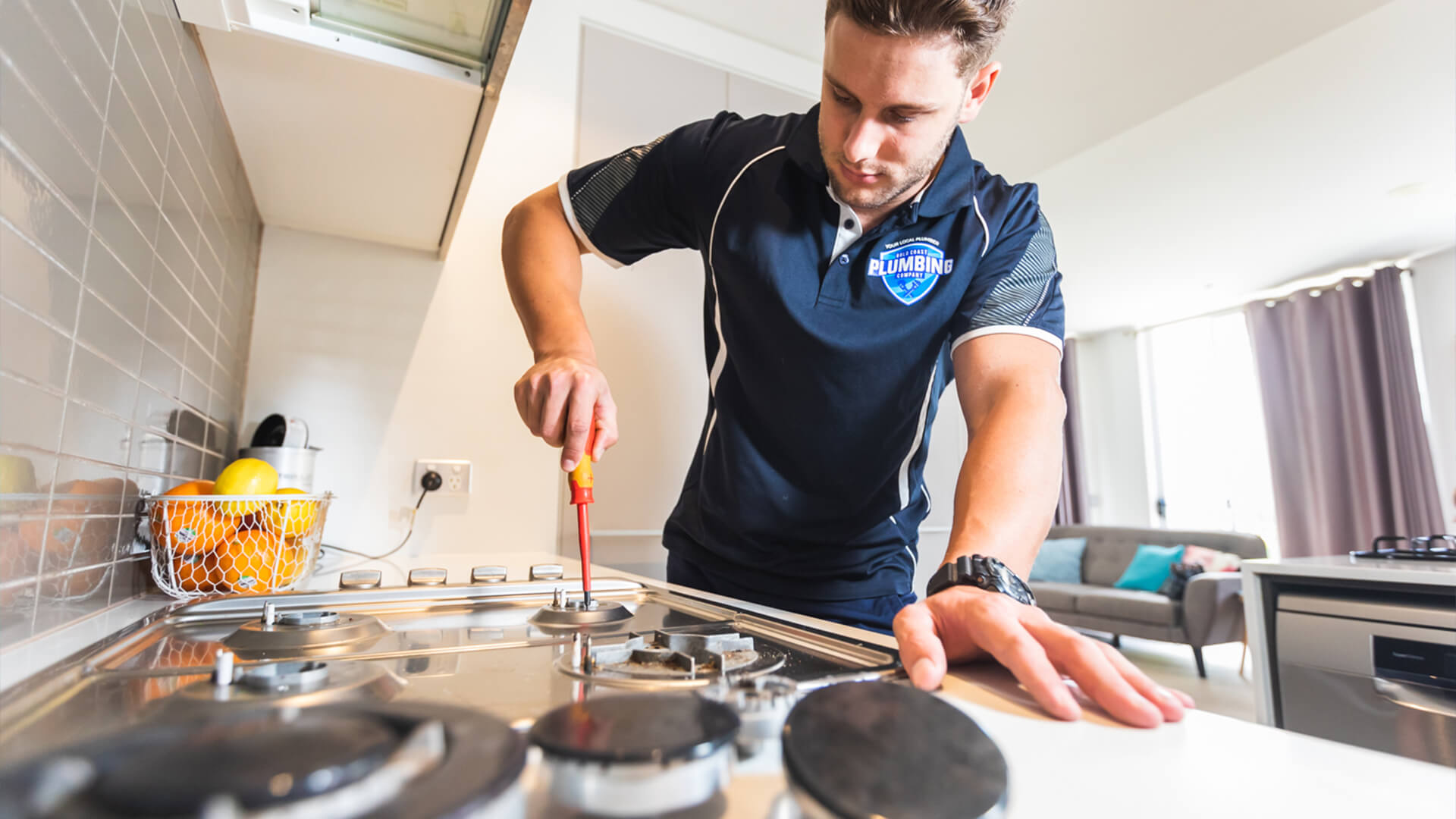Gas plumbing is an essential part of maintaining a safe and efficient home. It involves everything from installing and maintaining gas lines to troubleshooting gas appliances. While some minor tasks can be performed by homeowners, more complex jobs require the expertise of a licensed professional. Understanding the limits of DIY gas plumbing and knowing when to seek help can prevent accidents and ensure your gas system functions properly.
What You Can Do Yourself
If you have some knowledge of gas appliances and safety, there are a few basic tasks you can handle on your own:
- Checking for Gas Leaks: You can use a simple soap and water solution to check for leaks around pipe joints. If you see bubbles forming, there is a leak that requires immediate attention.
- Cleaning Gas Burners: Dirt and debris can accumulate in gas burners, affecting their efficiency. Regular cleaning can help maintain proper function.
- Replacing Minor Components: Some parts, such as a faulty thermocouple in a water heater or an igniter in a gas stove, can be replaced without professional assistance.
- Turning Off the Gas Supply in Emergencies: Every homeowner should know where their gas shutoff valve is and how to use it in case of an emergency.
When You Need Expert Help
While minor maintenance tasks are manageable, many aspects of gas plumbing require professional intervention due to the high risks involved:
- Installing or Repairing Gas Lines: Any work involving gas pipes must be done by a certified professional to comply with safety regulations and avoid leaks.
- Fixing Major Leaks: If you smell gas or suspect a leak, evacuate immediately and contact a professional.
- Installing Gas Appliances: Proper installation is crucial to prevent leaks, inefficiencies, and safety hazards.
- Addressing Carbon Monoxide Issues: If your gas appliances are not venting correctly, carbon monoxide can accumulate in your home, posing serious health risks.
Signs That Indicate a Gas Problem
Recognizing the warning signs of a gas leak or malfunctioning system is crucial for home safety. Some key indicators include:
- Rotten Egg Smell: Natural gas is odorless, but suppliers add a sulfur-like scent to help detect leaks. If you smell this, leave the premises and seek professional help.
- Hissing Sounds: If you hear a hissing noise near gas lines or appliances, it could indicate a dangerous leak.
- Yellow or Orange Flames: Gas flames should be blue. A yellow or orange flame suggests incomplete combustion, which can lead to carbon monoxide buildup.
- Unexplained High Gas Bills: A sudden increase in gas usage may indicate a leak or an efficiency issue in your system.
Gas plumbing is not something to take lightly. While some simple maintenance tasks can be done independently, more complex work should always be handled by trained professionals. Staying alert to warning signs and knowing when to call an expert ensures the safety and efficiency of your home’s gas system.

